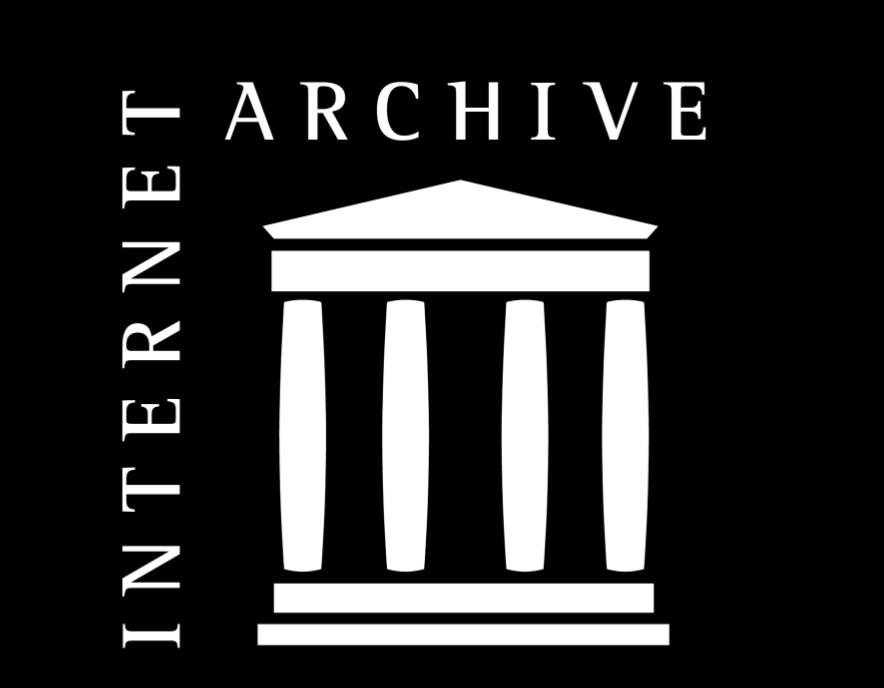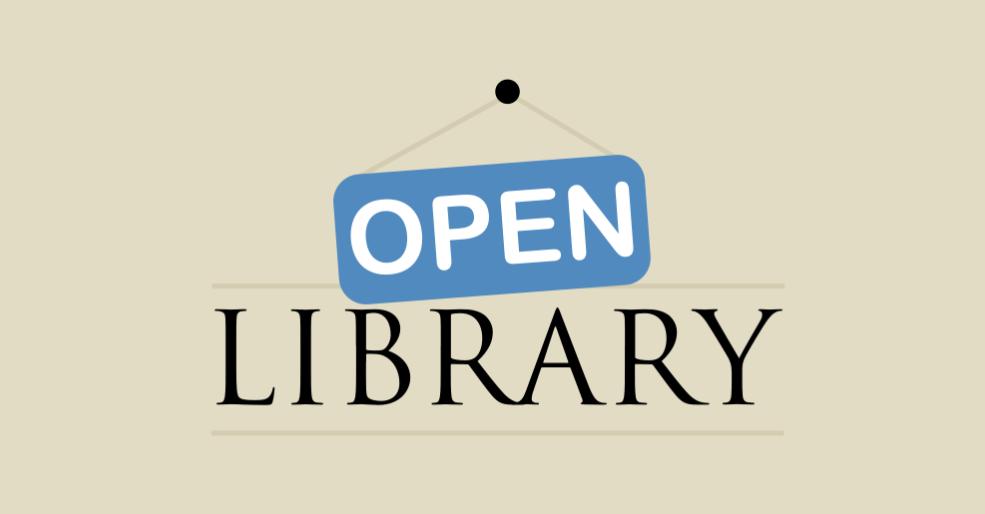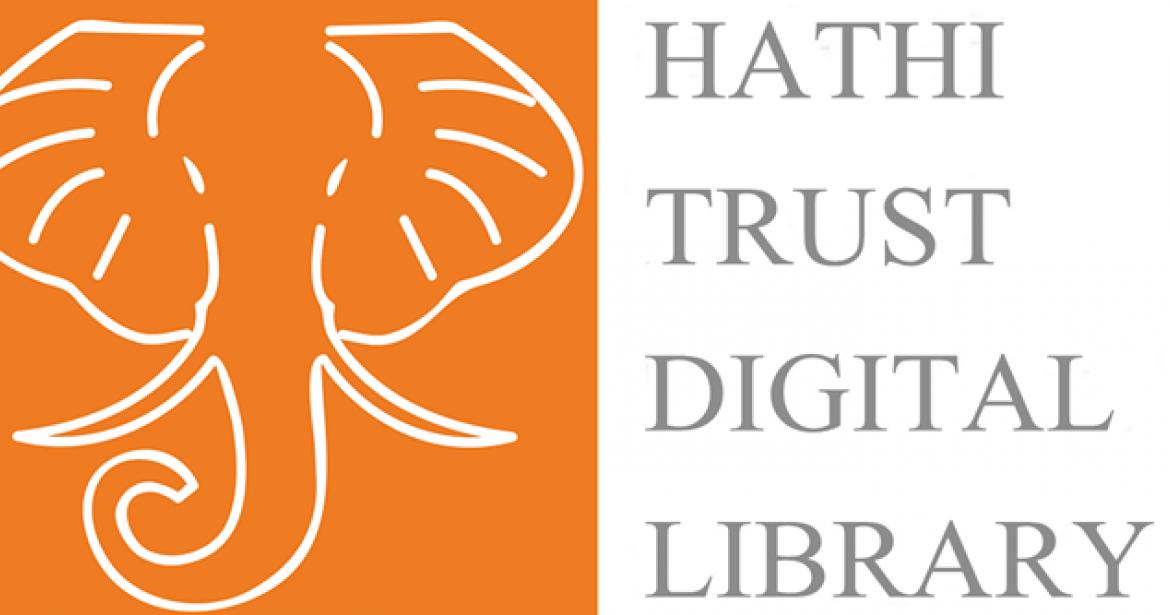Is archive.org safe? is one of the inquiries that are prevalent among the internet users. The Internet Archive or archive.org is a massive online library. It is used by people when it comes to books, movies, software and web site archives. Although it is suitably resourceful, the issues of safety, legality, and privacy remain. So, this article focuses on these problems. It also makes risks clear and reminds the users on how to safeguard themselves. It also addresses the copyright issues and enumerates the safe substitutes. This knowledge would facilitate informed choice among users of archive.org.
What is archive.org?
Archive.org is a digital archive and library that is a non-profit organization. It was established in 1996 to archive digital knowledge to serve the new generations. The most well-known of its tools is the Wayback Machine. This is a tool that archives and displays the previous versions of the websites. This assists the users to see the appearance of the web pages years ago. Millions of books, movies, music files and software are also stored in archive.org. It is used by students, researchers, journalists, and casual users everywhere in the world. The archive is used in education, research and in preserving digitally. It has large collections that are at the disposal of the populace. The site provides access to media which is not readily available elsewhere.



Wayback machine is an automatic web crawler. It takes snipshots of pages, both with images and scripts. Archived versions can be accessed by typing a URL. They have an option of captures of various dates. User-streamed content, such as old films and games are also available on Archive.org. It stores information that would have been lost otherwise. Organizations and individuals donate and expand the archive on a daily basis. The site promotes both history and web transparency. All in all, this resource is important to the history of the internet.
Is archive.org free?
Archive.org is freely available. It does not require users to pay for access or downloads. The website is a non-profit organization. It depends primarily on grants and donations. Its mission is supported through government and foundation funding. All of the archived collections are available freely to the users. Premium or paid subscription features do not exist. Any material can be searched, browsed or downloaded by anybody. Public donations sustain the servers and expand the collections.
The non-profit model enables the archive.org to do open access. This is the mode that drives educational and research utilization all over the world. The users can benefit from unlimited and free access to various digital content. It relies on volunteer programs which aid in the digital preservation. Free access is in line with its mission of sharing knowledge universally. Moreover, the openness is what makes archive.org a reliable source of information to millions of people.
Is archive.org safe?
Archive.org is not usually dangerous to browse and research. The digital library community has a good reputation of it. The site is also secure and well-maintained. Nevertheless, you should be careful while downloading content on it. Files uploaded by users may also contain viruses or malware. There is a chance of viral files as anyone can upload. It is typical of numerous content sharing sites, which are free.
Users need to observe a few measures in order to be safe. To start with, use latest antivirus software on any computer. It is necessary to scan files prior to their opening. Never download executable files unless you are sure. Search types of file as PDF, EPUB, MP3, or MP4. Do not accept suspicious extensions of files, such as .jpg.exe, or doubled extensions. Make sure to rely on user comments and reviews before doing anything on this site. Users ensure safety by testing unknown files in a sandbox or virtual machine.
Malware is also scanned by Archive.org but it is not able to detect all malware. Users should be very attentive to possible threats. Moreover, concerned parents can rely on tools like FlashGet Kids to keep their kids away from malicious content on unknown websites. It has browser safety features and offers real time content monitoring to help you keep your family safe.
Use parental controls to track your kids online activities
Is archive.org legal?
Archive.org is a site that falls in legal frameworks but has copyright issues. It is also a library and a storage, saving digital history. Public domain materials do not present any copyright problems. Users can safely stream or download these files. The platform can legally host fair use or permitted content. Viewing such materials is normally not risky.
Problems arise when copyrighted products are shared without permission. Archive.org has been challenged in some cases where the publishers have filed legal claims against the site. Luckily, Archive.org is a site that obeys copyright takedown. It also deletes the information that contravenes copyright laws. The site also goes to the length of ensuring the legality of the uploaded materials.
Archive.org claims that a good number of uploads are educational and research oriented. They protect themselves on fair use and archival exceptions. This is dependent on the legal status by country and case specifics. Continued court rulings affect its business. Users must verify local copyright laws before downloading protected media.
In general, the public domain and authorized works of archive.org can be legally streamed or downloaded. The legality of copyrighted content depends on permission and jurisdiction. Archive.org site is transparent about legal issues and safeguards.
5 Archive.org alternatives you should know
Archive.org has a number of interesting alternatives. These services provide access to web archives, academic papers and digital books. They all possess different characteristics, strengths and weaknesses that suit the requirements of different users. Five of the significant options are:
Project Gutenberg
One of the oldest and the biggest free ebook libraries is Project Gutenberg. It deals in books of public domain. There are more than 60,000 free ebooks available to users in such formats as EPUB, Kindle, and plain text.



- Massive library of traditional literature and historical books.
- Safe and reliable downloads.
- No registration required.
- Supports work for the majority of eReaders and mobile devices.
- Restricted to public domain books, most of which were older.
- No multimedia or software contents.
- Simple website design which others can find old-fashioned.
Open Library
Open Library is an initiative that is related to archive.org but operates out of its own. It will produce a web page on each and every book published. Users are in a position to borrow, read online or download ebooks through this platform.



- Huge and increasing collection of books in all genres.
- Borrowing system easy to use, like a digital library.
- Permits community additions and amendments.
- Connection with the WorldCat to find the physical copies.
- Other scans can be of low quality (lost pages, illegible text).
- The one-user-per-copy lending system causes delays.
- Low compatibility with certain eReaders such as Kindle.
- For novel users, interface may not be very user-friendly.
HathiTrust
HathiTrust is an academic and research members partnership. It has millions of digitalized books and scholarly articles, mostly more inclined towards research and academic use.



- Large scholarly and historical archives.
- Millions of titles full-text search.
- Helps to maintain access and cooperation between libraries.
- Gives access to certain institutionalized materials to member institutions.
- Limitations of access to copyrighted and protective work.
- Rather research and academic oriented, not so attractive to daily readers.
- To access certain content, it requires institutional membership.
Google Books
The Google Books project works on millions of books in libraries and publishers all over the world. The site offers previews that are searchable and also access to books in some cases.



- Massive database with large search facilities.
- Simple accessibility and interconnection with Google ecosystem.
- Loans a lot of contemporary books as previews.
- Legally supports previews of even copyrighted content.
- Most full texts are restricted to previews.
- Some search results link to commercial sellers.
- Poor access to free full-text materials because of copyright.
Library Genesis (LibGen)
The Library Genesis is a library that deals with academic papers, ebooks, comics, and magazines. It provides downloadable million files in different formats like PDF, EPUB and MOBI.
- Huge assembly of scientific articles and popular interest books.
- Has numerous file formats, which are compatible with most devices.
- Free advertising-free direct downloads.
- Comics and magazines of a wide scope.
- Legal issues because of copyright reasons.
- Careless users may get exposed to malware through downloads.
- Interface may be disorienting.
- Frequently needs VPN in order to gain access safely.
These five options are wide in purpose and application i.e. classic literature and academic research. Depending on the priorities, users may choose texts of the public domain, academic materials, extensive searching, and free access to recent publications. All the platforms provide a combination of security, lawfulness and coverage of content unlike the model used by archive.org.
Conclusion
Archive.org is a useful site where one can get a wide range of digital materials free of charge. It facilitates education, research and preservation of historic sites throughout the world. Downloading is generally safe, but user uploads pose risks that require caution. The work of Archive.org is legal, but certain creators have had some issues with copyright.
It has adhered to the law in its effort to offer open access. Still, there are other alternatives such as Project Gutenberg and Open Library that are available depending on the requirement. All in all, the role of archive.org in the preservation of digital knowledge is great. Combined with safety measures like FlashGet Kids, responsible use will enable users to utilize it with all the benefits of it and with no legal disputes. This is still a site that a person needs to go to in order to have a wide access to digital materials in different disciplines even without payment.
FAQs
Archive.org gathers very little user data to analyze the sites. It does not sell user data or profile to profit. Respect toward privacy is taken seriously on this platform.
The recent copyright law suits usually favored the archive in cases of ebook lending. Some of them are still battled in courts of law.
Yes, while being careful. Always install antivirus software and never download .exe type of files. Only rely on popular downloads by trusted uploaders.
Content is removed due to copyright infringements or legal takedown notices.
No, the Internet Archive still functions and expands its collections all over the world. So, you can access it freely from anywhere in the world.

